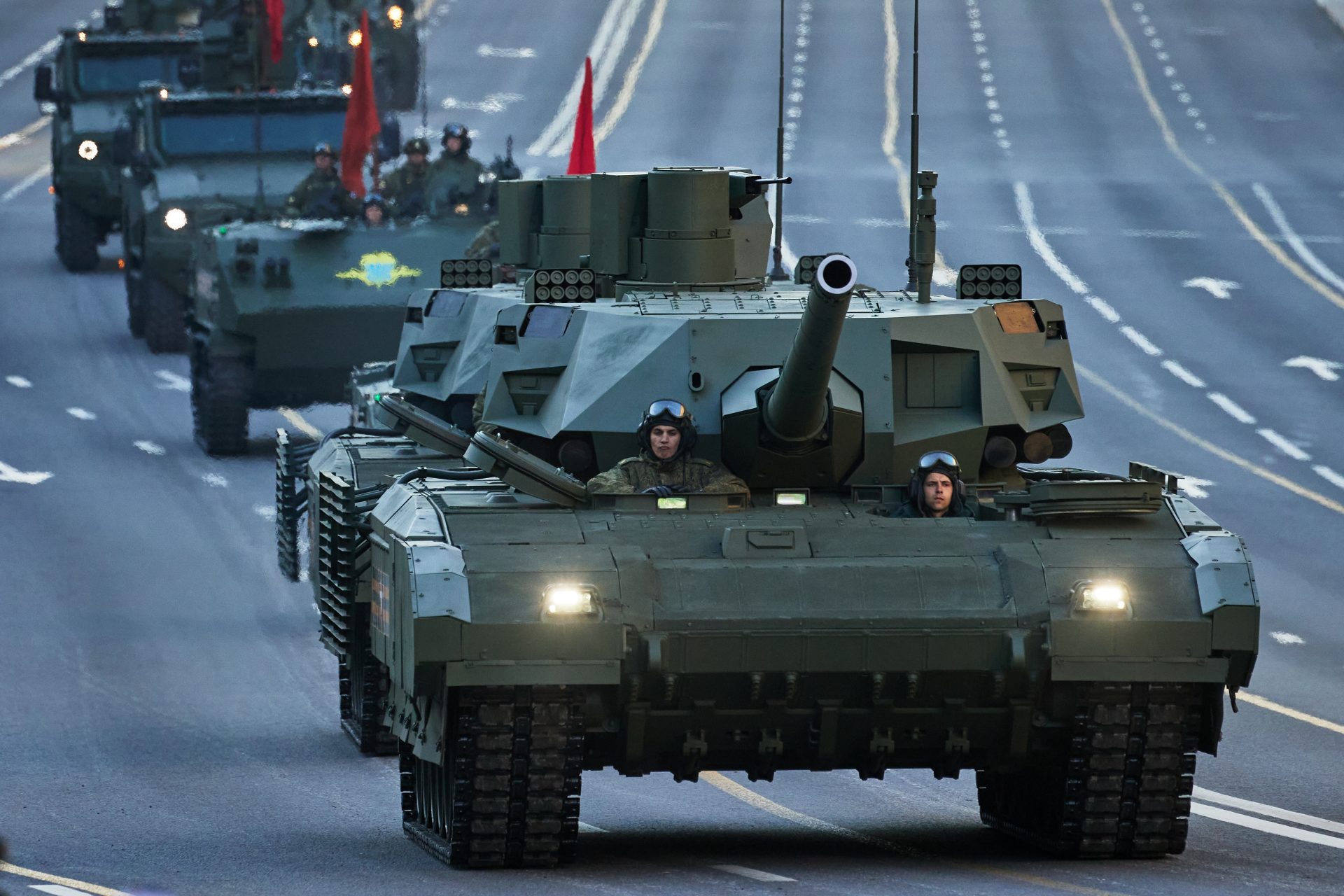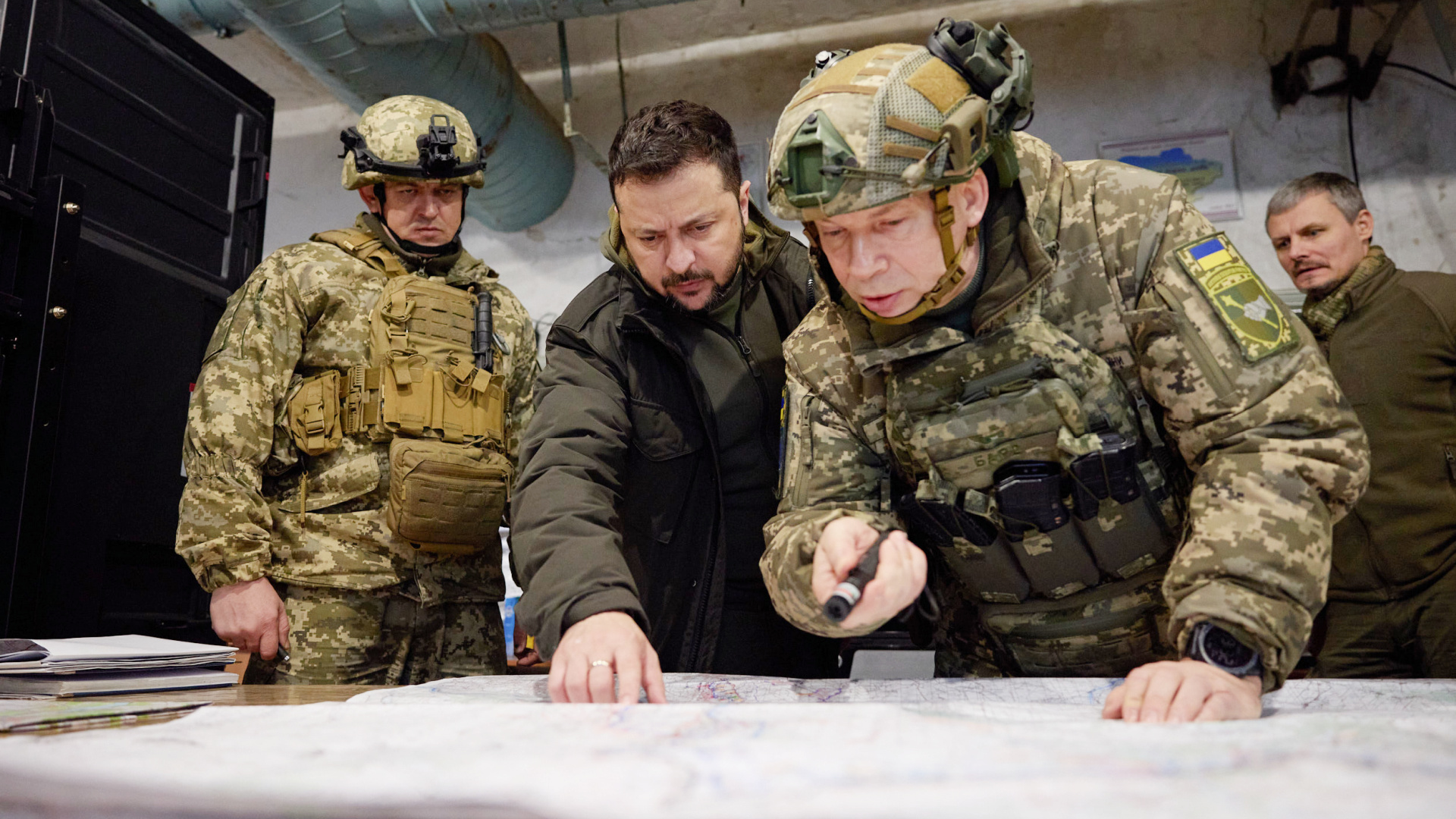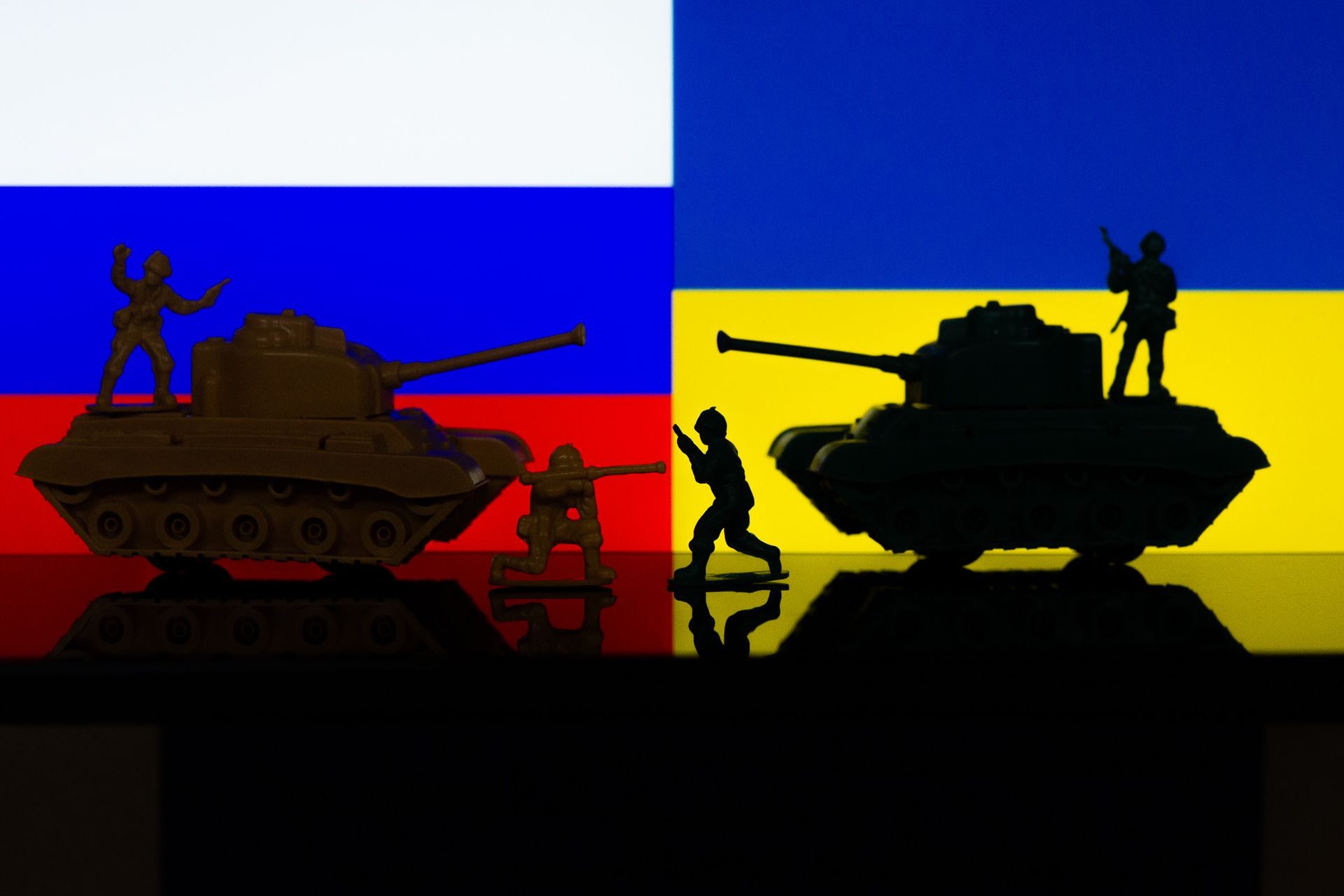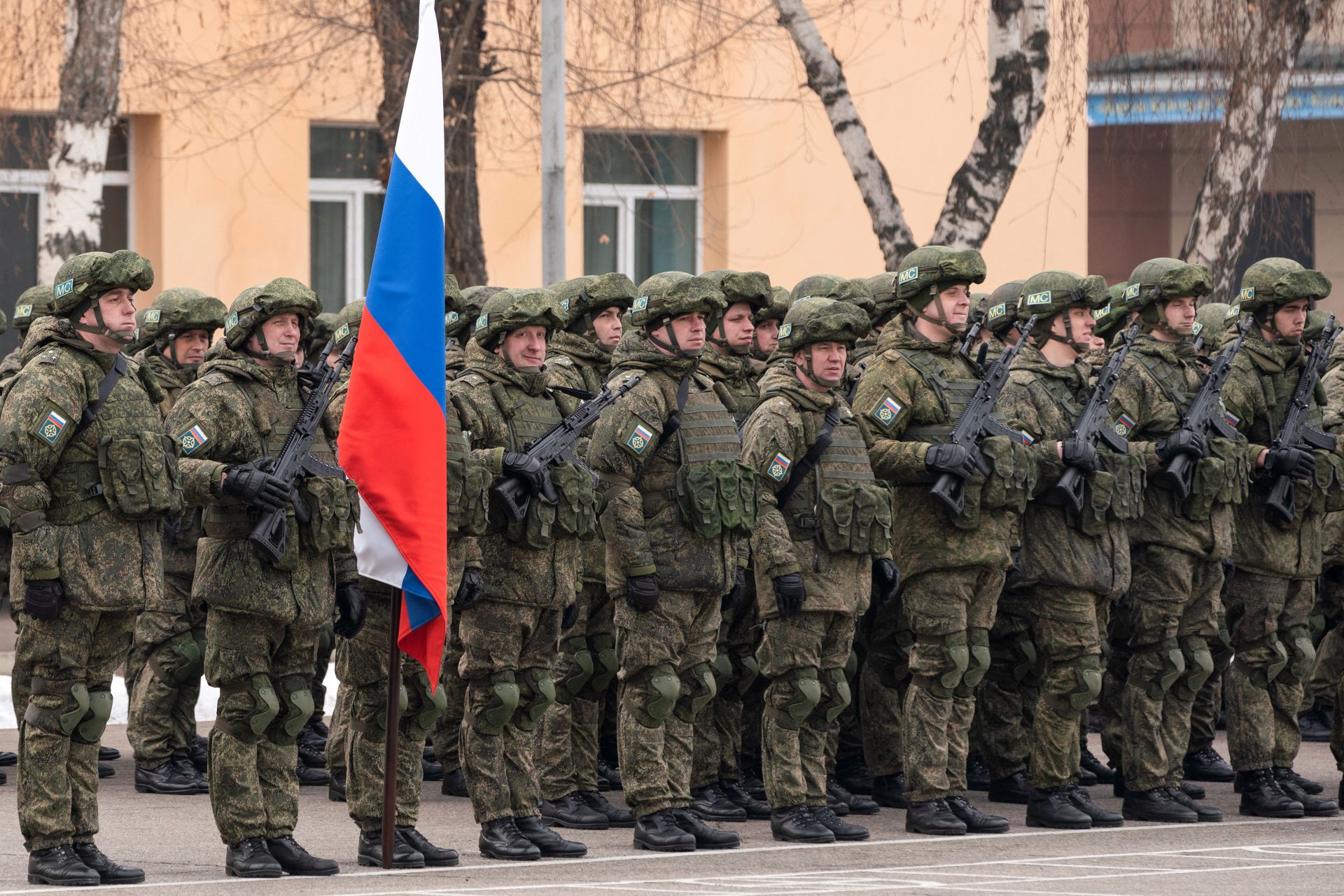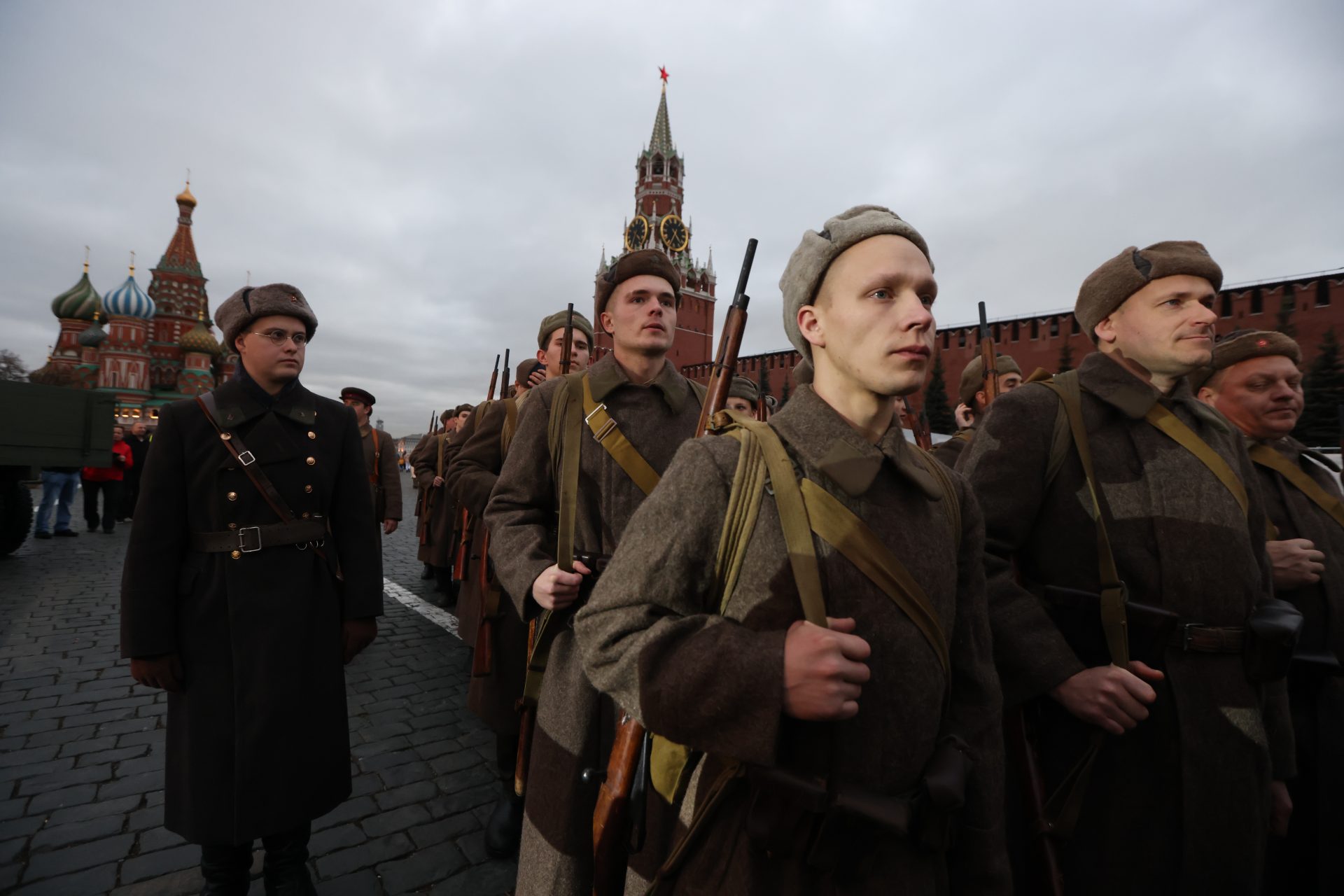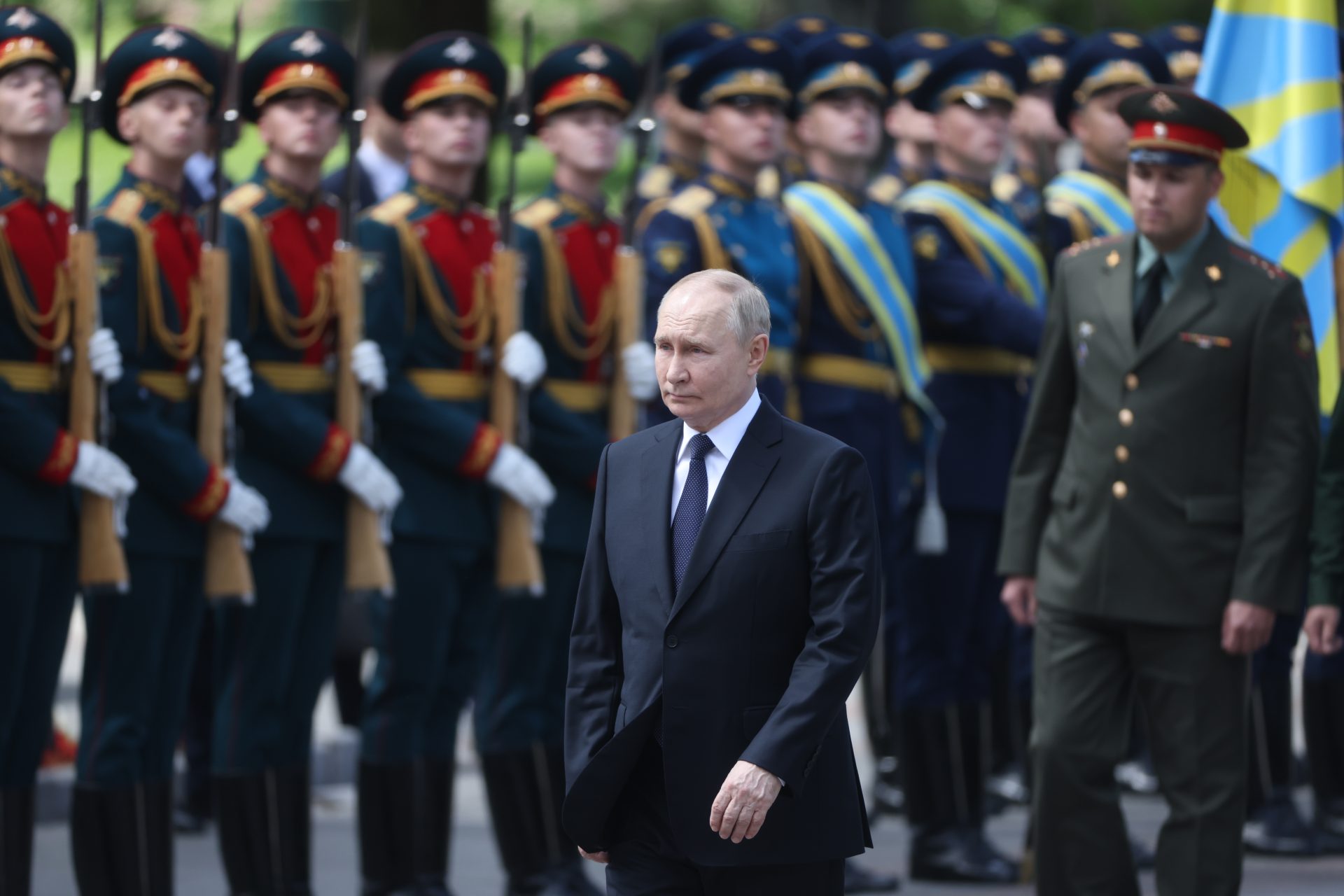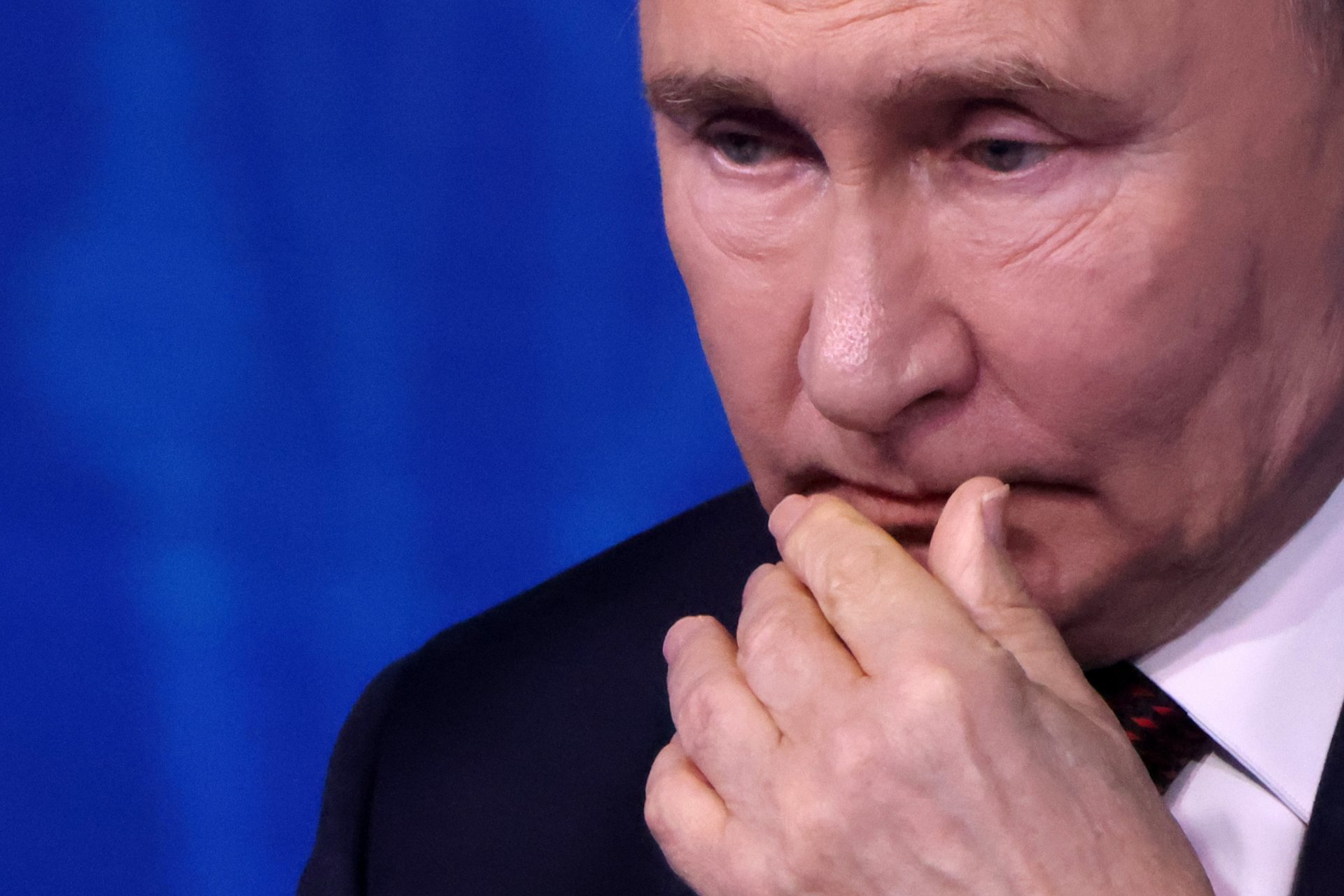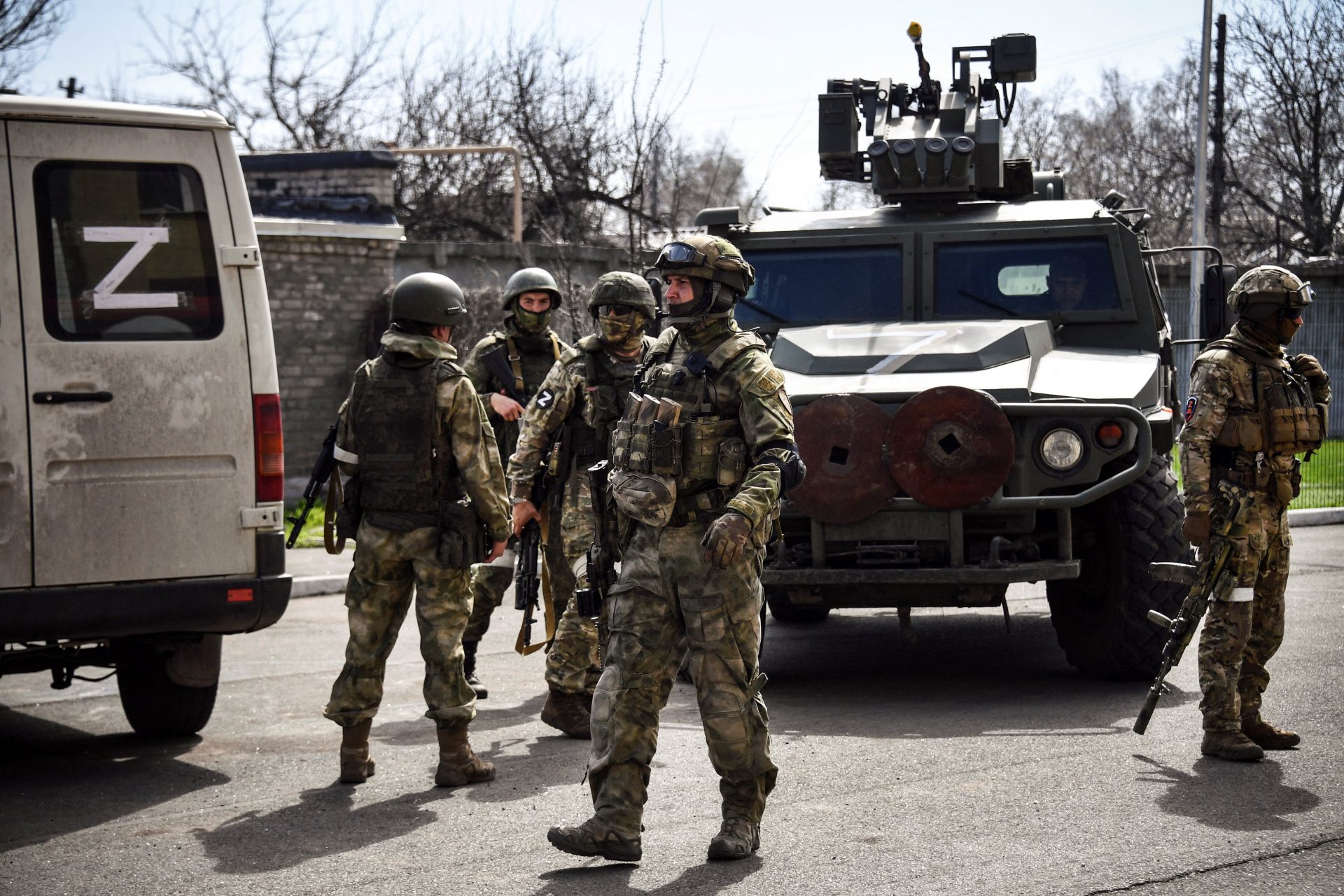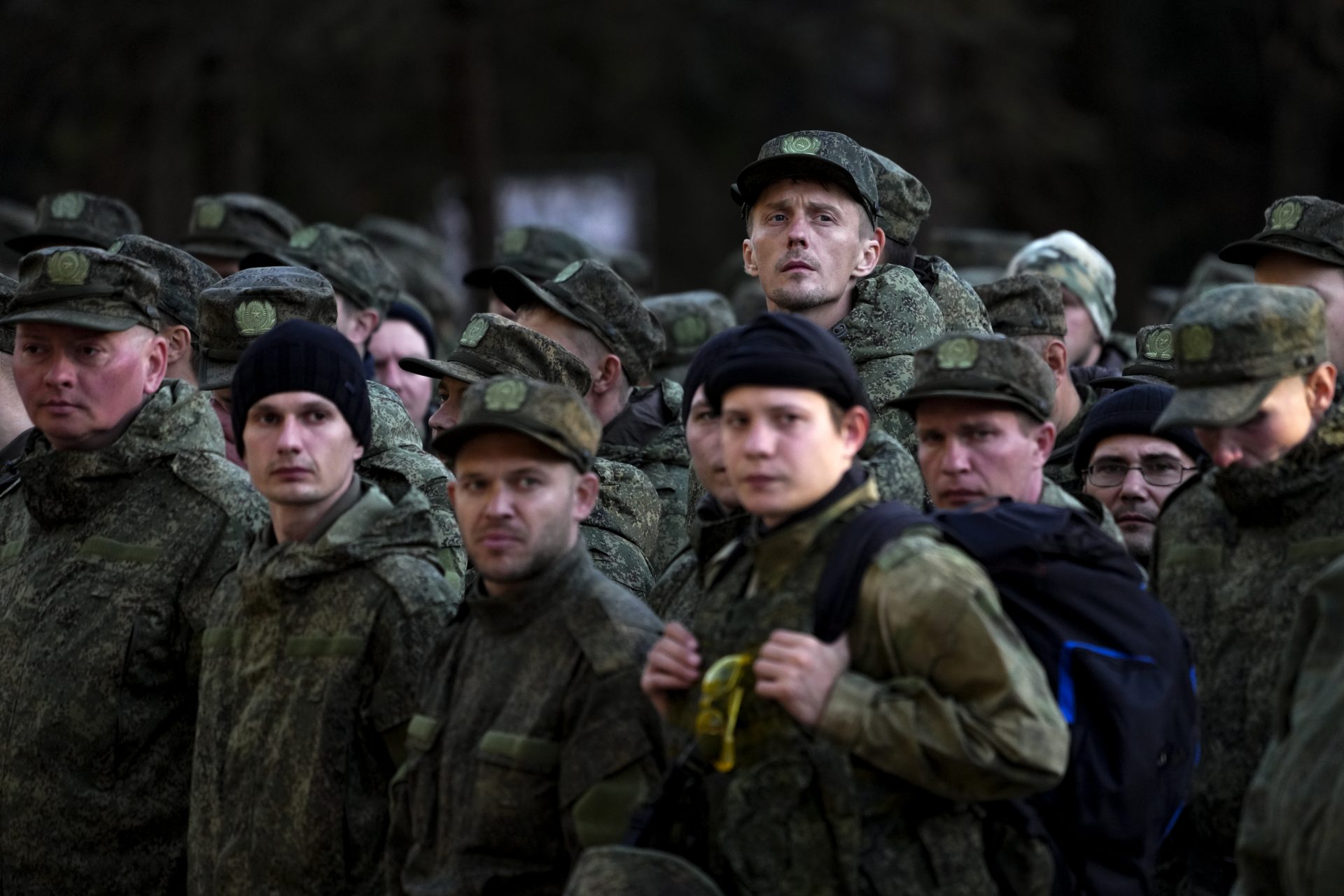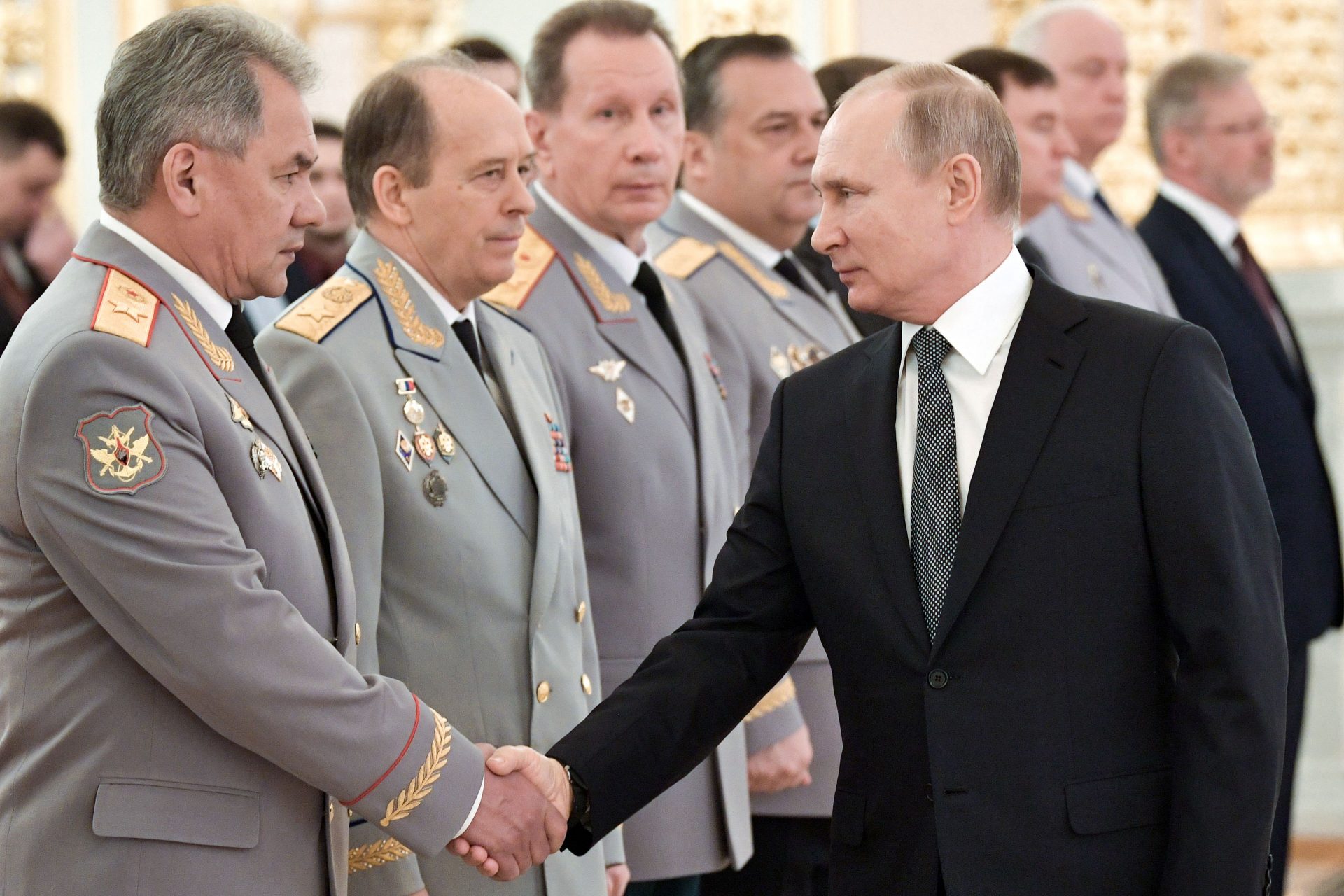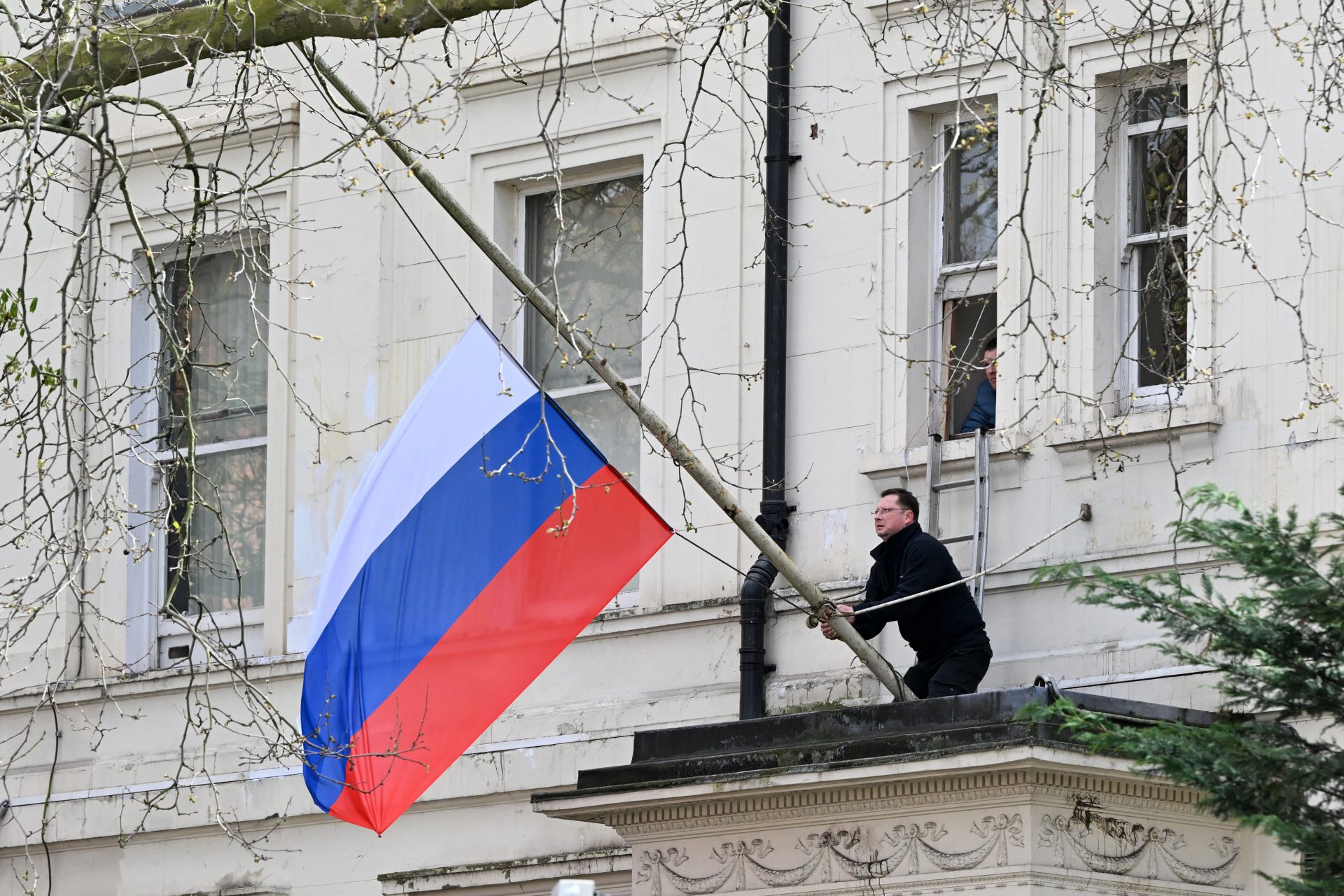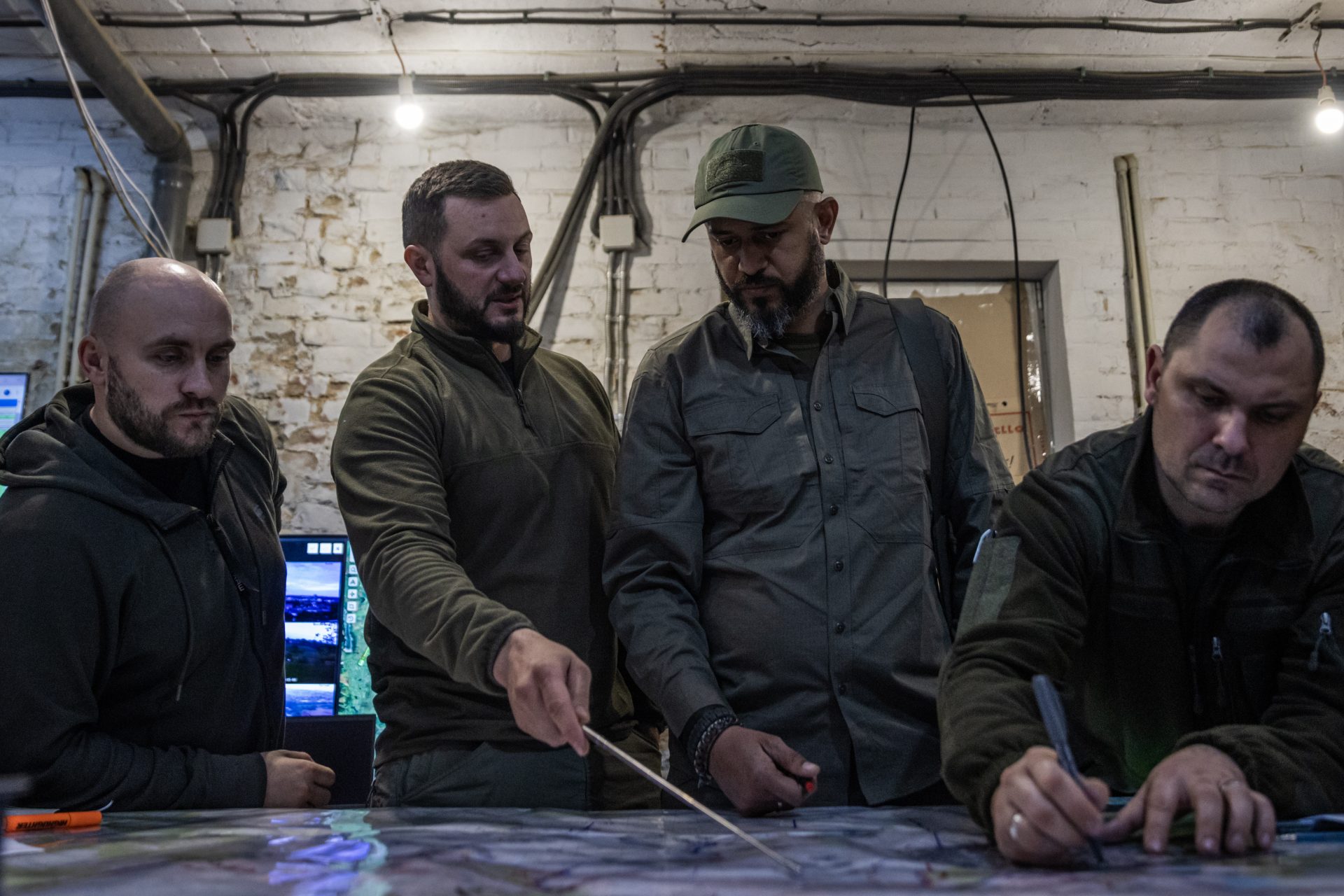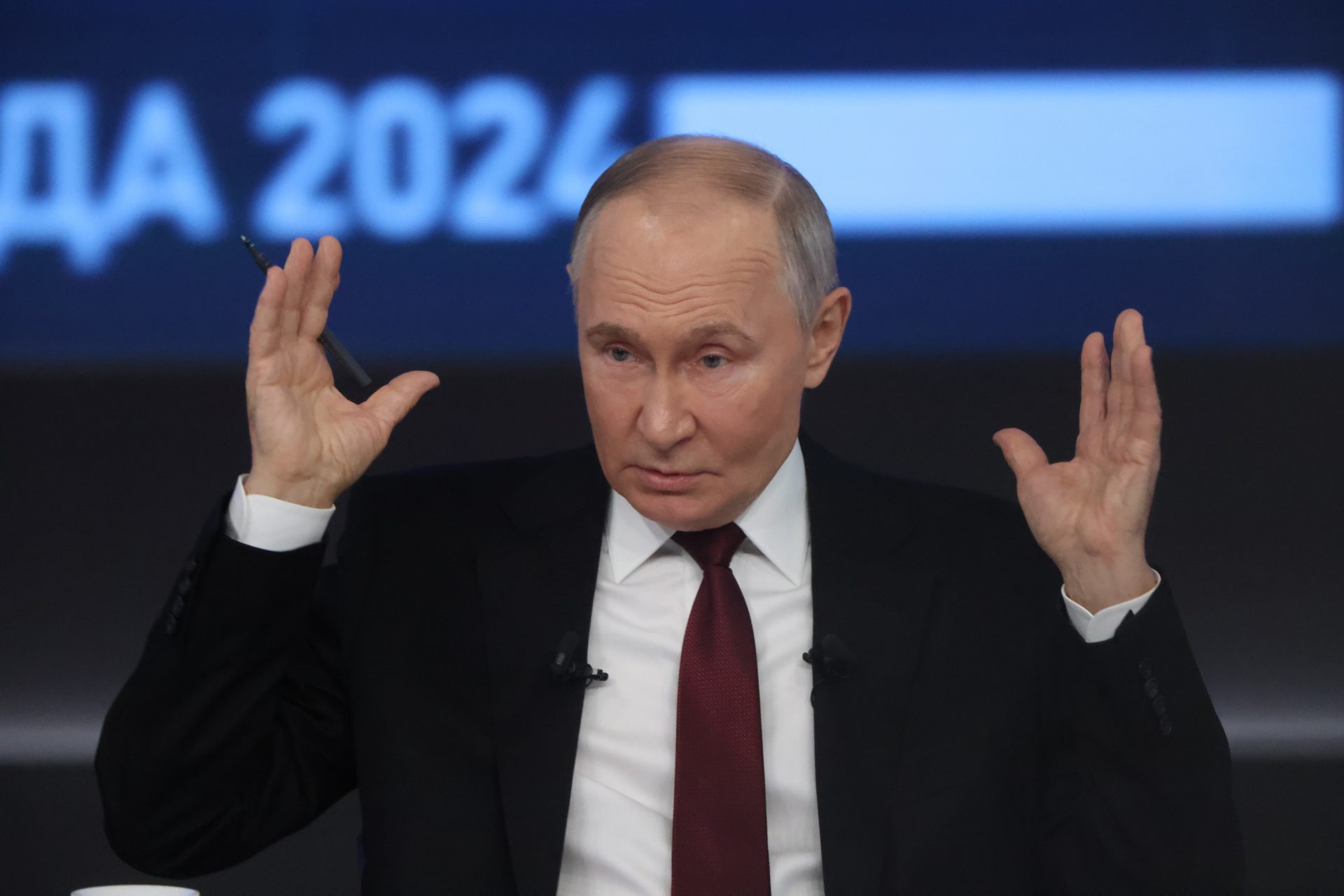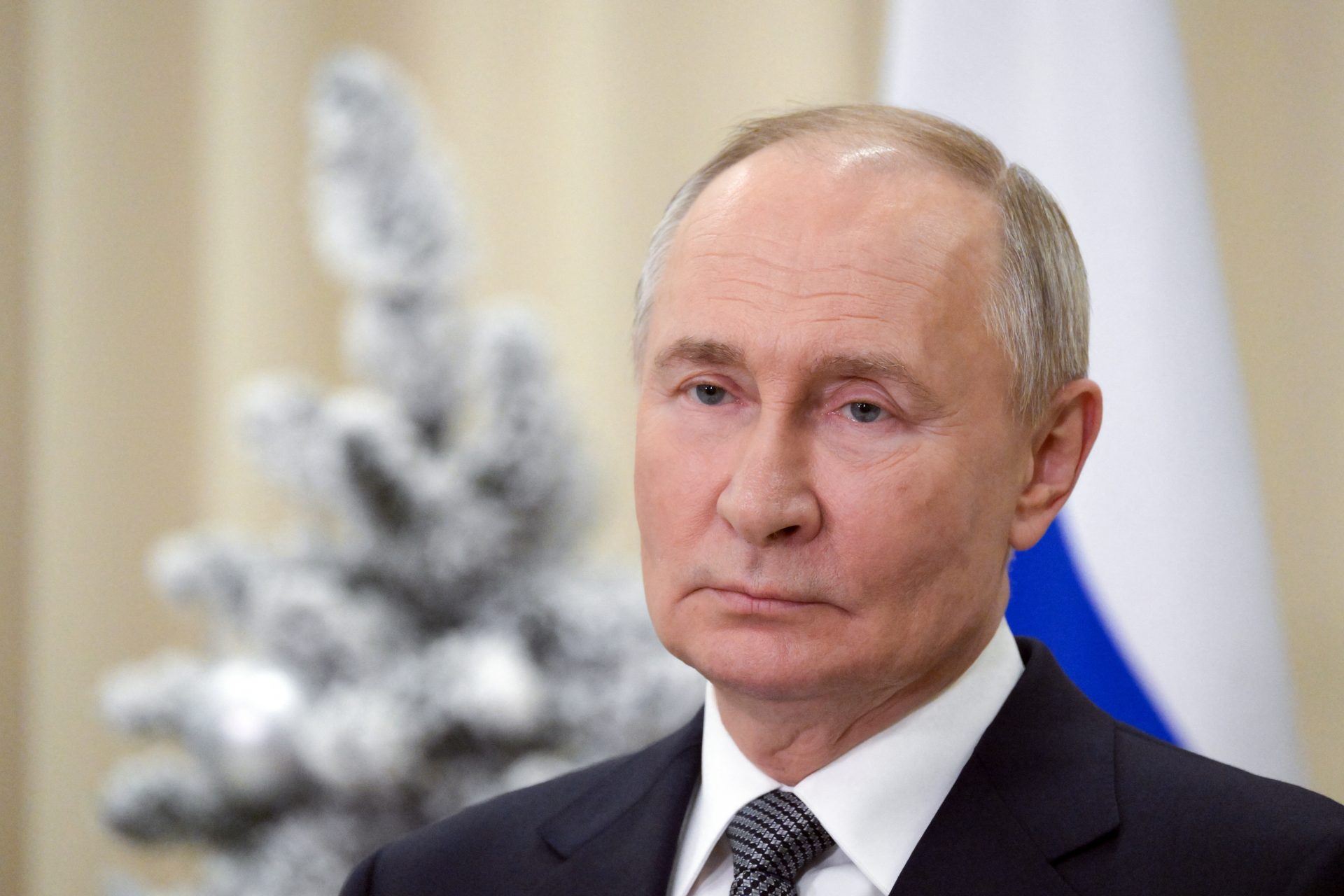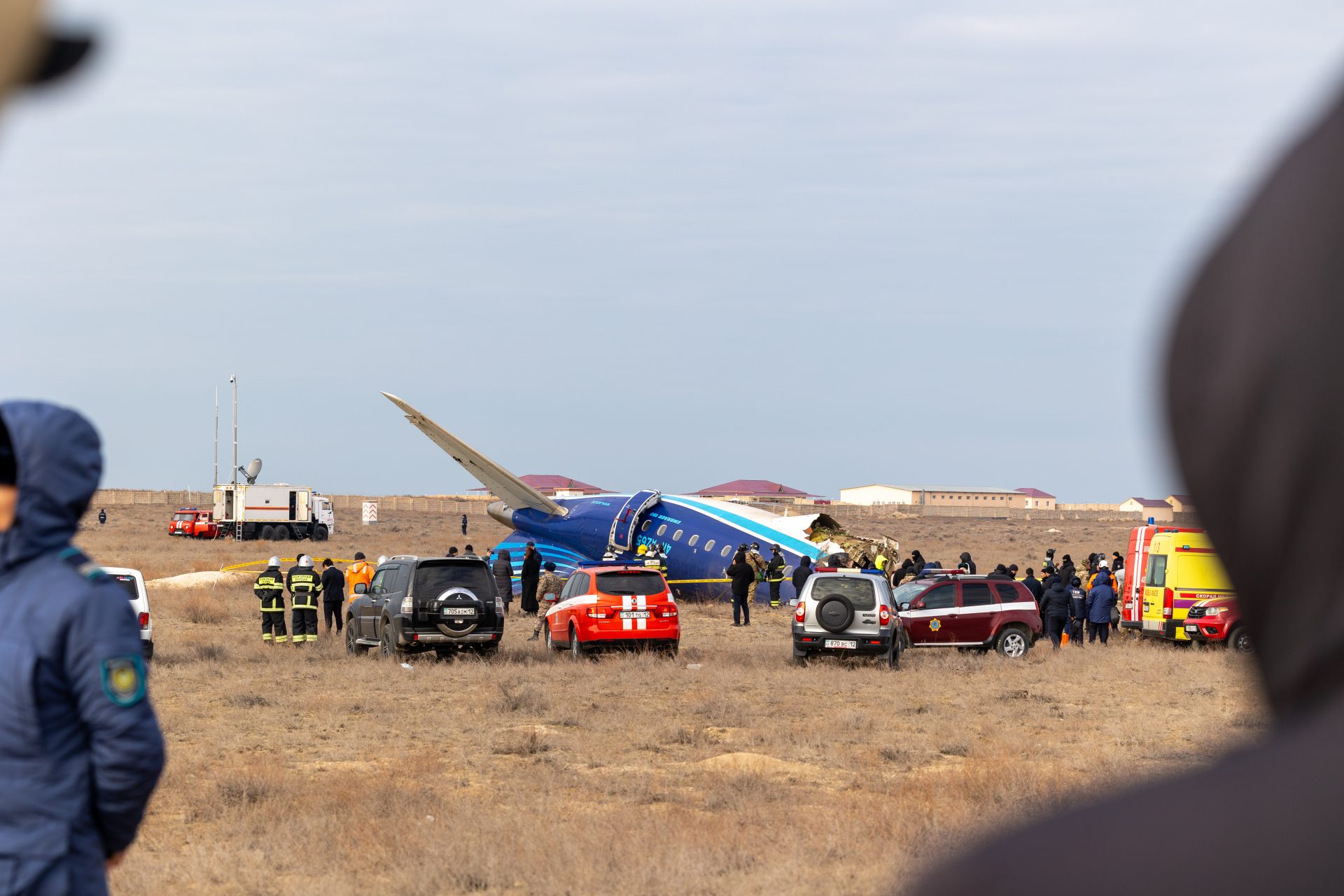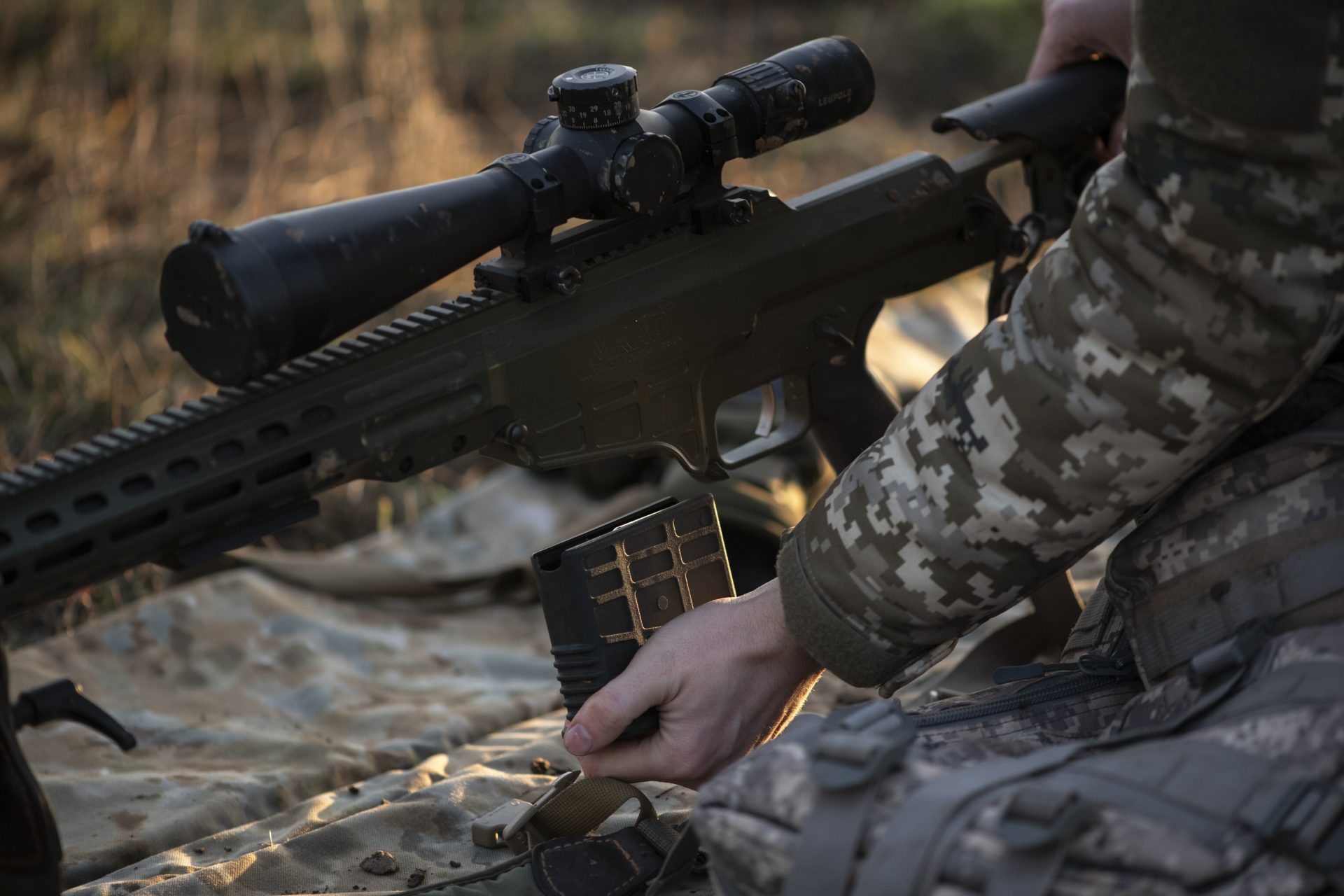Impact on the conflict: desertion shakes the Russian army in Ukraine
Vladimir Putin initiated the full-scale invasion of Ukraine in February 2022. It was a move that drew heavy criticism from the international community.
The Kremlin promised a quick war against Ukraine, swiftly taking over the Donbas region and encircling Kyiv, the country’s capital.
However, Putin was the one surprised to discover that the Ukrainian people, under the leadership of President Volodymyr Zelensky, were far more resilient that he had expected.
Now, after more than 1,000 days of war, Moscow and Kyiv are worn down, and their respective populations are sick and tired of the conflict and no end to this war is in sight.
Newsweek writes that an entire regiment made up by than 1,000 soldiers deserted the 20th Guards Motor Rifle Division of the Russian Armed Forces, stationed in Volgograd.
Although the number might seem high, Newsweek reports that some sources claim that up to 18,000 Russian soldiers have been leaving their post, with numbers reaching a new high by July 2024.
While Ukraine is fighting a war for survival, the Kremlin’s “special military operation” seems less justified in the eyes of the Russian people.
Although Putin has always enjoyed an enormous popularity among the Russian people, more than a few voices have expressed their concern as the war drags on.
It’s impossible to know for certain how many soldiers Russia have lost their lives in Putin’s war, but Newsweek cites estimations by Ukrainian authorities which places the number of dead and wounded above 720,000.
As of December 27th, the number of Russian losses had risen to 782,510 according to figures from the Ukrainian General Staff.
The New York Times Magazine wrote, back in September, that it’s nearly impossible to know the real numbers of Russian deserters, since their commanders don’t want to raise the alarm to their superior about insubordinate troops.
Likewise, soldiers that have deserted the Russian Armed Forces and have managed to find shelter in other countries have generally tried to keep a low profile and avoid talking to the press.
More for you
Top Stories




